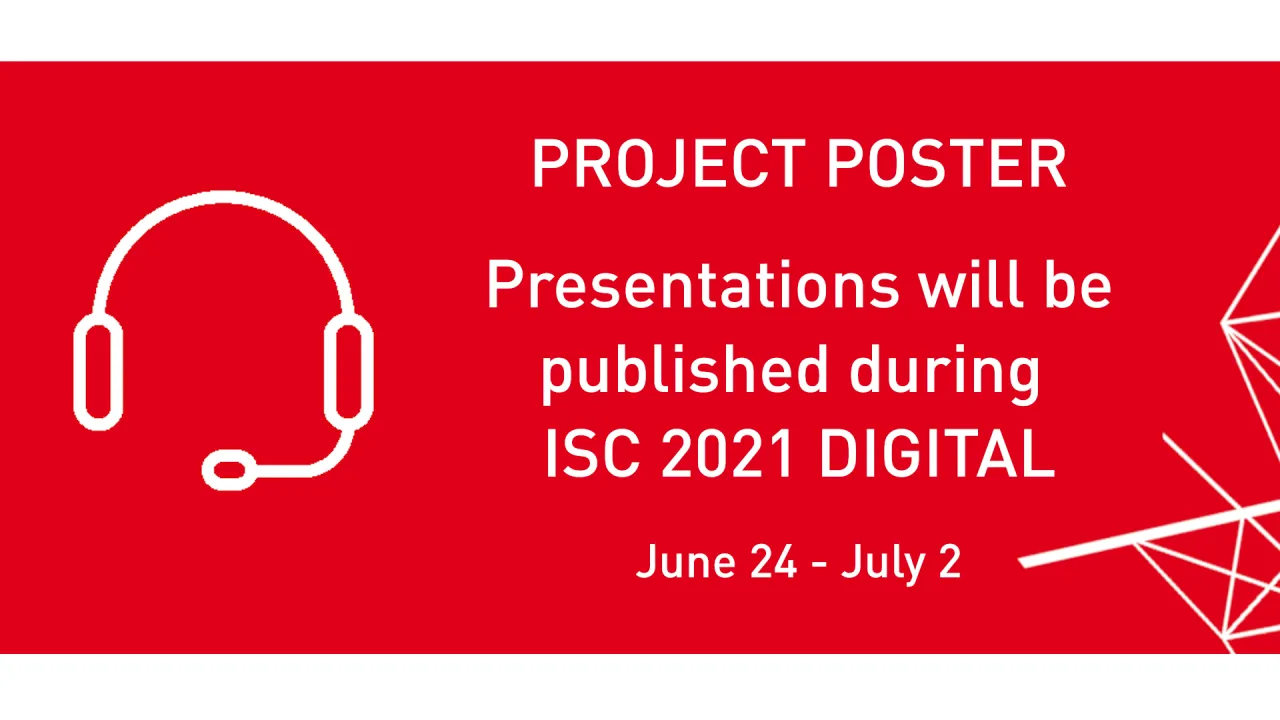

Ozone Assessment as an EOSC-Synergy Thematic Service
Only 128 seats left
Wednesday, June 30, 2021 3:00 PM to 4:00 PM · 1 hr. (Africa/Abidjan)
HPC Workflows
Information
Contributors:
Abstract:
Ozone assessment is an important task for Climate and Environment studies. The ozone assessment service (O3as) project is going to support scientists and everyone interested in determining ozone trends for different parts of the world. It is one of the thematic services of the EOSC-Synergy project. The service applies a unified approach to analyse results from a large number of different chemistry-climate models, helps to harmonise the calculation of ozone trends efficiently and consistently, and produce publication-quality figures in a coherent and user-friendly way. Among other tasks it will aid scientists to prepare the quadrennial Global Assessment of Ozone depletion. It will also allow access to the high-level data by citizens. The service relies on several containerized components distributed across the cloud (Kubernetes) and HPC resources and leverages large scale data facility (LSDF).Visit the Project Website
- Peter Braesicke (Karlsruhe Institute of Technology (KIT))
- Ugur Cayoglu (Karlsruhe Institute of Technology (KIT))
- Borja Esteban Sanchis (Karlsruhe Institute of Technology (KIT))
- Marcus Hardt (Karlsruhe Institute of Technology (KIT))
- Tobias Kerzenmacher (Karlsruhe Institute of Technology (KIT))
- Valentin Kozlov (Karlsruhe Institute of Technology (KIT))
Abstract:
Ozone assessment is an important task for Climate and Environment studies. The ozone assessment service (O3as) project is going to support scientists and everyone interested in determining ozone trends for different parts of the world. It is one of the thematic services of the EOSC-Synergy project. The service applies a unified approach to analyse results from a large number of different chemistry-climate models, helps to harmonise the calculation of ozone trends efficiently and consistently, and produce publication-quality figures in a coherent and user-friendly way. Among other tasks it will aid scientists to prepare the quadrennial Global Assessment of Ozone depletion. It will also allow access to the high-level data by citizens. The service relies on several containerized components distributed across the cloud (Kubernetes) and HPC resources and leverages large scale data facility (LSDF).Visit the Project Website

